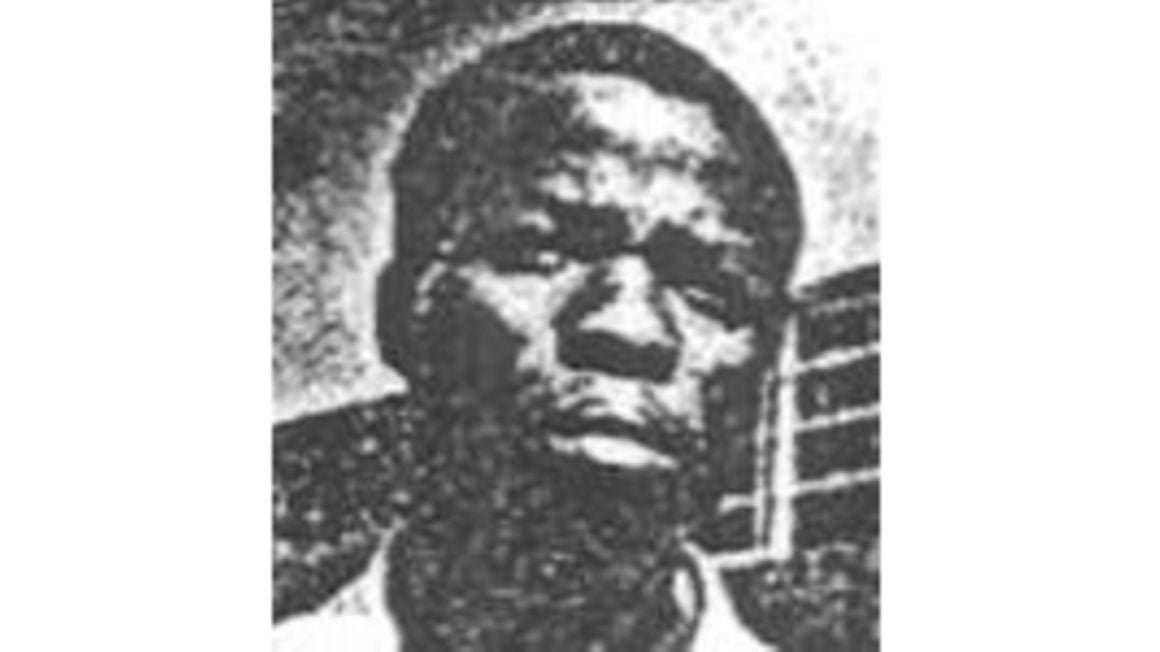Aloys Ndimbati, one of the remaining fugitives sought for the 1994 genocide in Rwanda, has been officially confirmed dead, as declared by international prosecutors on Tuesday, nearly three decades after his demise.
A survivors’ group expressed relief at the news of his death but voiced disappointment that he would never be held accountable for his actions. They emphasized the need for increased efforts to track down other fugitives.
Ndimbati faced seven charges related to the genocide, including genocide itself, complicity in genocide, direct and public incitement to commit genocide, as well as crimes against humanity such as extermination, murder, rape, and persecution. The International Criminal Tribunal for Rwanda (ICTR) indicted him for these crimes, and the Office of the Prosecutor at the International Residual Mechanism for Criminal Tribunals (the successor to the UN tribunal) concluded, after an exhaustive investigation, that Ndimbati died around the end of June 1997.
The circumstances of his death in Gatore, Southeastern Rwanda, remain unclear due to the chaotic and disorderly conditions at that time.
While the survivors lamented the lack of prosecution and punishment for Ndimbati, they acknowledged that his demise brings some closure, preventing him from causing further harm to the Rwandan people.
As of now, only two outstanding ICTR fugitives remain — Charles Sikubwabo and Ryandikayo, according to the prosecutor’s office. Ndimbati, initially indicted in November 1995, was accused of orchestrating and directing massacres and killings of thousands of Tutsis while serving as a local leader in the Kibuye prefecture on the shores of Lake Kivu.
The survivors’ group stressed the importance of intensifying efforts to locate and apprehend fugitives and urged expedited trials to ensure justice is served before they pass away.

